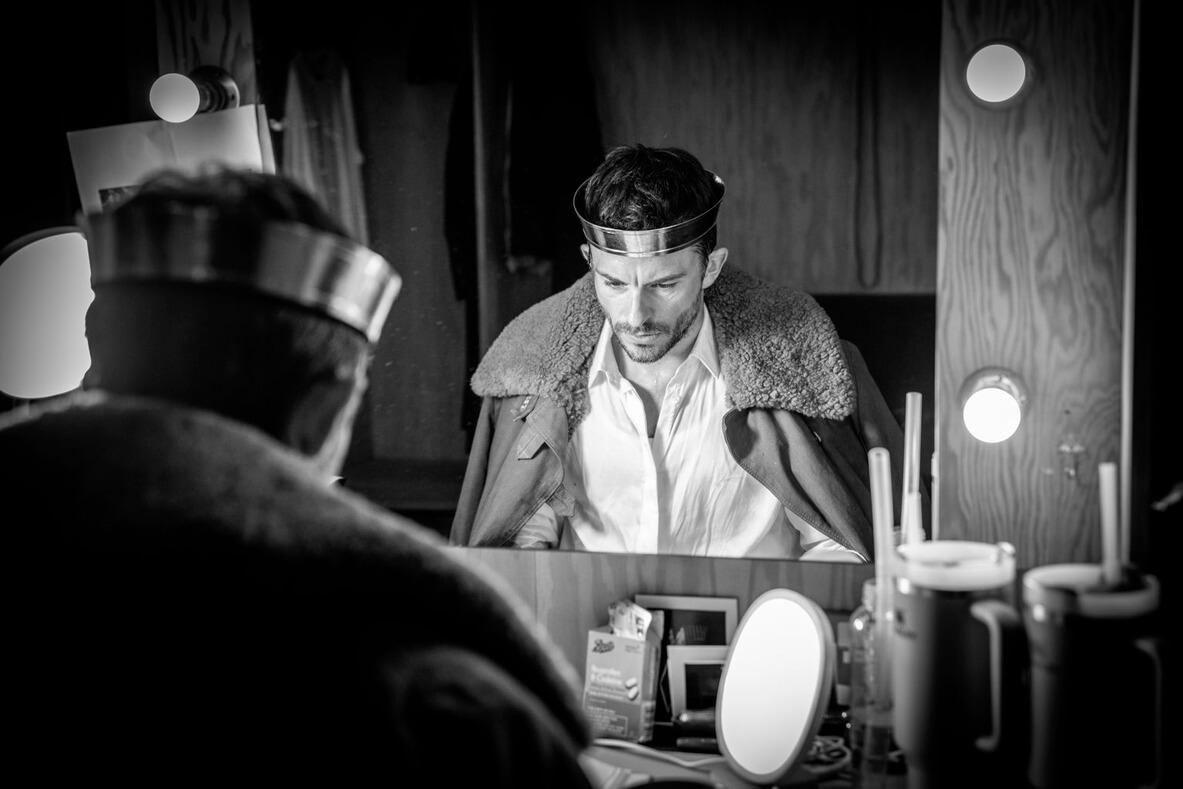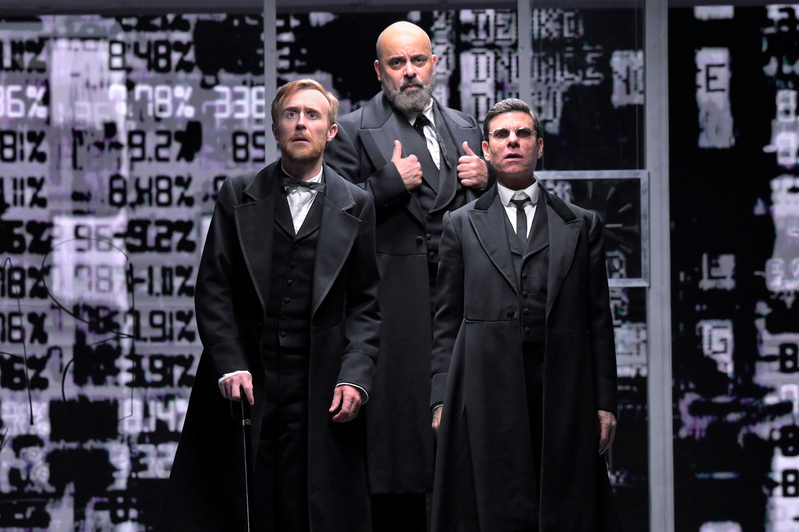ROOTS (not to be confused with Alex Haley’s sprawling 1970s slavery novel and its TV spin-off) originally formed the middle section of Wesker’s trilogy — the first part being Chicken Soup With Barley and ending with I’m Talking About Jerusalem. Set in Norfolk and written in the local dialect, the play deals with the return from London of Beatie Bryant whose opinions and outlook have changed since she has been away. The idle chit-chat of the opening scenes expose the jarring misalignment of her espoused new world views, with those who have remained in a rural environment, most particularly her mother.
In 1959 the play achieved notable success with Joan Plowright originating the role of Beatie at the Belgrade Theatre in Coventry, followed by a transfer to London’s Royal Court and on to the Duke of York’s for a run in the West End. Here, the role is undertaken by Morfydd Clark who causes excitement and disquiet in equal measure as she insists everyone be on their best behaviour when Ronnie, her intellectual socialist boyfriend of the past 3 years, comes to join them in a couple of weeks. The set-up is measured and even languorous as Beatie arrives to initially stay with her sister Jenny (a beautifully understated, homely turn from Eliot Salt) and her husband Jimmy (Michael Abubakar). Making up various other members of the extended family, are Iwan Davies, Billy Howle, Ellorca Torchia, Tony Turner and Deka Walmsley.
Directed by Diyan Zora on a slowly revolving central platform, the cast and props appear and disappear in neatly choreographed bursts, including a tin bath, dining table and appropriately the kitchen sink. The pastoral sedateness of the late 1950s is marked only by the passing of the hourly bus at the end of the road, visible from the kitchen window. Consequently, discussions about art, music, workers, unions, ideas and even television sets, have been a rare occurrence. Now, through Beatie’s disrupting catalyst the gathered family is required to listen, think and consider things as never before, but will such matters find a home or merely generate hostility, antagonism and arguments? As the day dawns when Ronnie is due to appear, Mrs Bryant (Sophie Stanton) finally snaps and calls a halt to the constant expressions of dissatisfaction with which her daughter has berated her, asserting that she provided and tried her best — even if her daughter’s upbringing meant she lacked preparedness to live with the complexities of a modern world filled with questions.

 Morfydd Clark in Roots at Almeida Theatre. Credit Marc Brenner
Morfydd Clark in Roots at Almeida Theatre. Credit Marc Brenner


